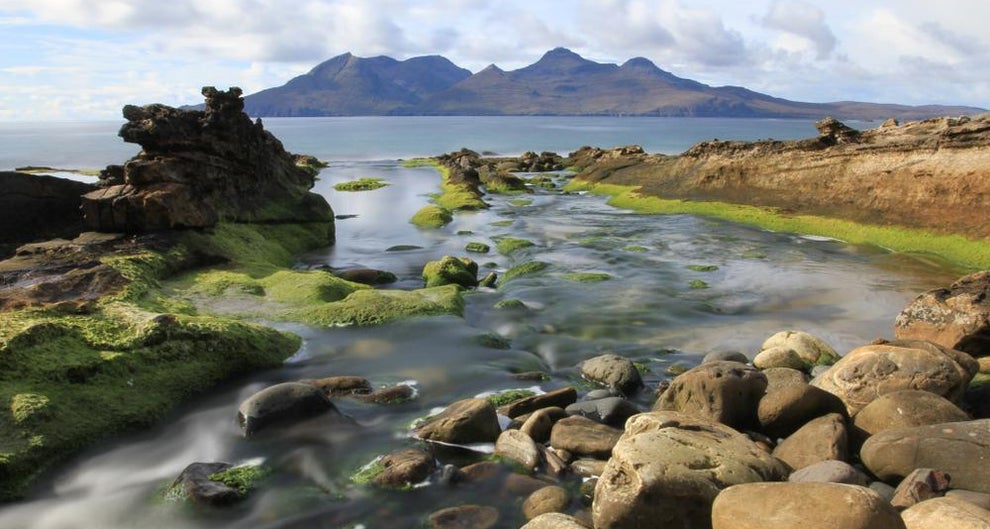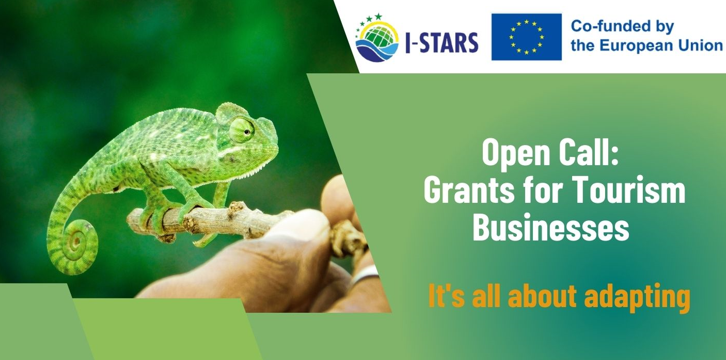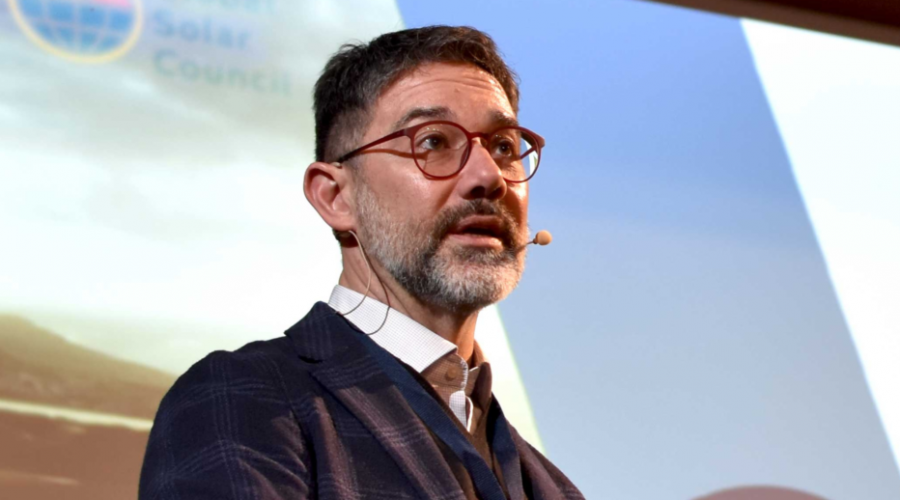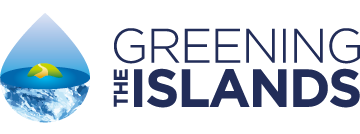Residents on Scotland’s most remote islands explain how they’ve kept coronavirus at bay, how lockdown has changed their communities, and why they’re reluctant to ease restrictions too soon.
Some time during the fourteenth century – so the story goes – a resident on the Hebridean Isle of Barra noticed that islanders from neighbouring Mingulay had suddenly stopped visiting.
A young boy was sent onto the island from a boat, and discovered Mingulay’s residents dead in their homes; a mystery disease had swept through the community and left no survivors. Fearing further contamination, the people of Barra forced the boy to remain on the island for six weeks.
Though medical science and our understanding of disease has improved vastly in the few hundred years since, the prospect of viral illness in an island community remains as frightening now as it was then.
The novel Covid-19, a disease both highly communicable and most dangerous to the over-70s, has the potential to devastate Scotland’s small island communities should it be given the chance.
As well as being dominated by elderly populations, Scottish islands often have limited medical facilities and just a handful of shops – if not just one. Even if residents forego socialising, they’re still obliged to share their local grocery store.
As Fliss Fraser, one of 27 residents on the Isle of Rum puts it, “it just takes one person to give it to the shopkeeper, then…everyone’s going to get it”.
It’s a concern shared by residents on the Isle of Berneray, home to a population of 138. Ruairidh Nicholson, who works as a fisherman on the island, says that elderly residents were especially concerned when the outbreak first hit the UK:
As lockdown has worn on, however, he reports that an absence of cases has eased people’s nerves somewhat:
“I would say it has [calmed down]…I’m seeing people who weren’t leaving home go to the shop themselves”.
Thankfully, many remote Scottish islands like Ruairidh’s remain untouched by coronavirus; some of the last places in the UK to be so fortunate.
Norman Bissell and his partner, Birgit, run the only shop on the Isle of Luing.
“CalMac the ferry company…they’re the bottleneck, they’re the ones keeping us safe because police can’t guard all the space. They’re doing their best to ask people about their journeys…they’ve turned a lot of folks away”.
Of course, one of the pros – and cons – of life on a small island is that, in Ruairidh’s words, “everybody knows everybody’s business”. It’s a set-up that allows for communities to effectively police themselves when it comes to following lockdown rules.
“Nobody wants to be the bad guy”, says Ruairidh, adding that it would be difficult to leave or enter Berneray without its residents being aware.
Ruairidh says social distancing is no problem on a small island.
While thousands on the mainland have spent lockdown in small flats, dodging other locals during daily walks, islanders have had no trouble keeping their distance while outdoors. “You can drive to the beach and not see a single soul”, Ruairidh explains. “And even if you did [see someone] you can still keep a mile or two away”.
In spite of these advantages, islanders have not become complacent to the potential threat. Norman Bissell, who runs the sole shop-cum-post office on the Isle of Luing, says that “the general feeling on Luing is that we would rather be safe than sorry”.
The island of around 160 currently has no confirmed cases of the virus, and residents are striving to keep it that way.
The aim of the system and quality of produce is to reduce trips to the mainland, not only cutting CO2 emissions and petrol costs, but reducing the risk of transmission too.
On Rum, says Fliss, nobody has left or entered the island in a number of weeks, making social distancing seem “a bit weird” in the circumstances. Her fear, however, is that the coronavirus peak is yet to hit the Highlands and Islands:
“The thing that we’re hearing from our local councils is that…they don’t reckon it’s going to pick up here until maybe June time. So when everywhere else is opening up, people will start coming up…it might make things much worse here”.
Even once restrictions ease, Fliss, who operates a small guest house, can’t see how businesses like hers could operate under social distancing measures:
“We’ve [Rum residents] all pretty much written off the summer. We don’t know how it’s ever going to work until a vaccine is sorted out… social distancing in bunk houses, Bnbs, hotels…how’s that going to work?”
Many islanders, including herself, are “not eligible for any financial assistance” when it comes to tourism-based losses.
“[It’s] insane. We’re human beings too…they’re not gonna get away with that”.
She does hope for an end to the crisis soon, however. The social aspect of small island communities is hugely important to its residents, and one of the features that attracts immigrants to them.
Should they have to continue without this contact for much longer, she suspects morale will begin to wane:
She has optimism, however, that the lockdown period will give people time to reflect properly on “what they do and how they feel about it”, both on a personal and global level. Over on Luing, Norman plans to continue his emphasis on local produce beyond the end of lockdown.
Though Ruairidh says it’s been difficult for islanders to adjust without face to face socialising – “you want to go to a ceilidh and have a dram” – he feels blessed on the whole to have spent lockdown in his remote, picturesque community:
“Usually it’s so quiet [on Berneray] and not much happens, but I’m so glad just now that we are where we are in the world”.
__
Read here the original news












